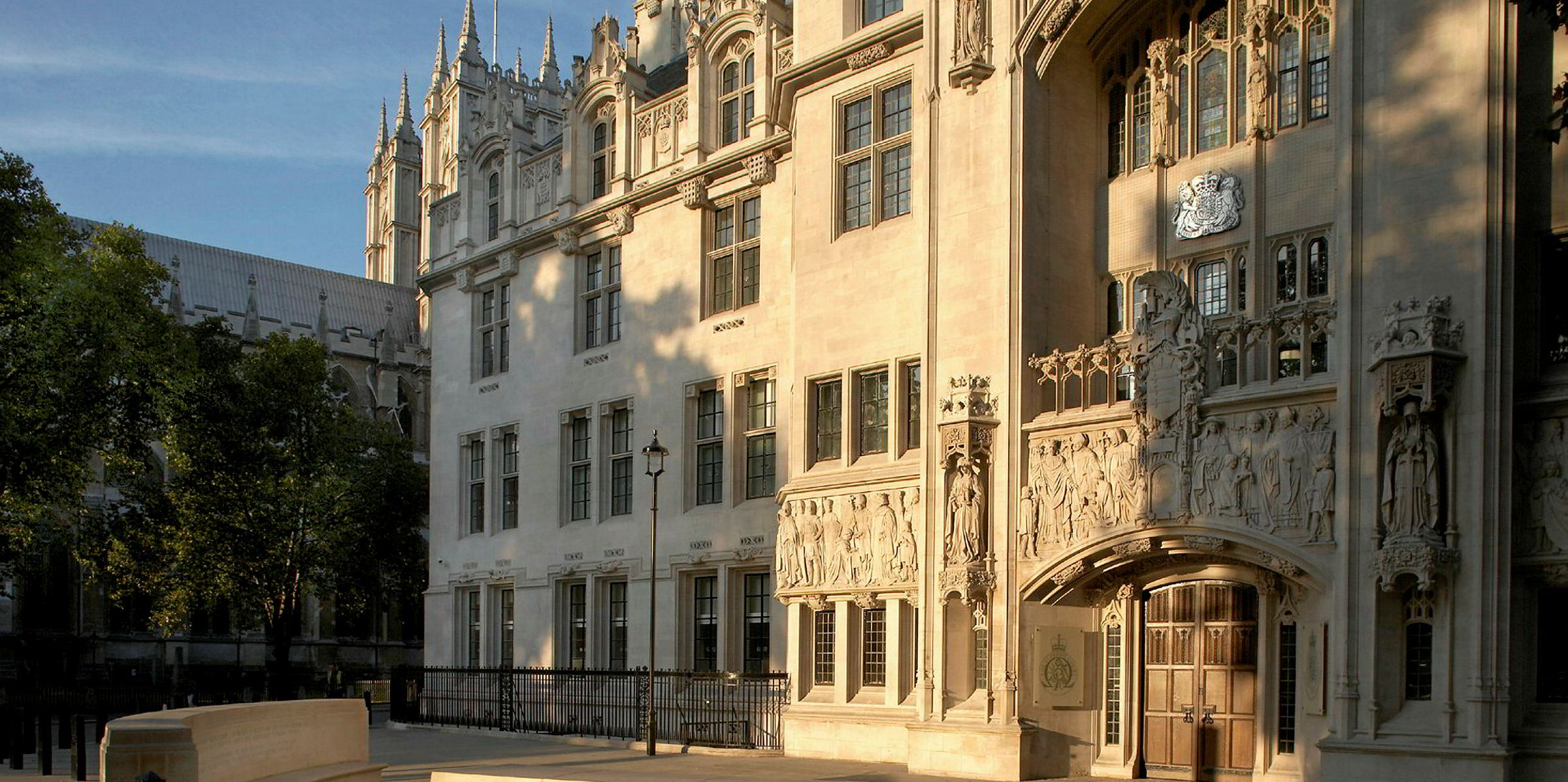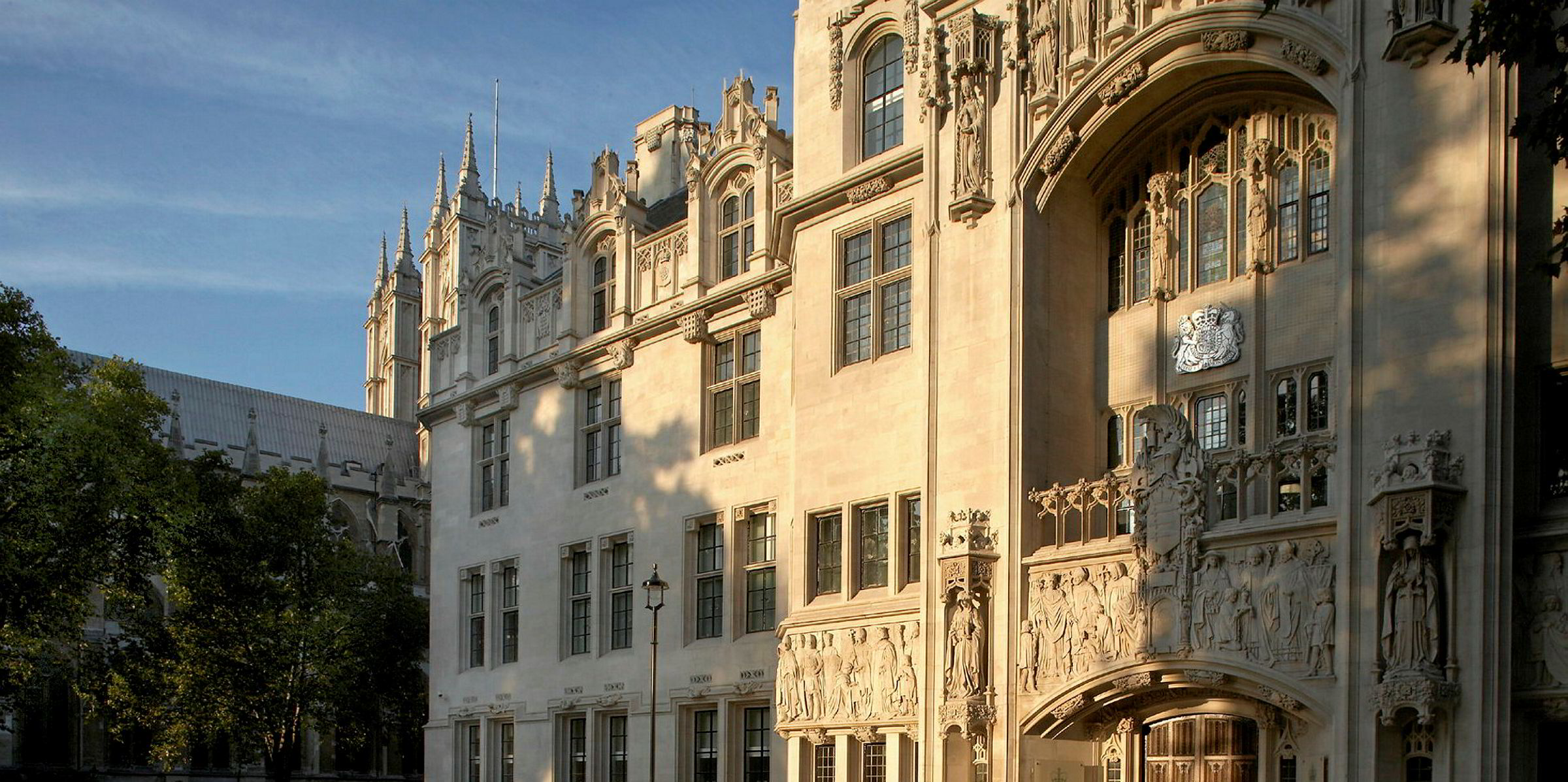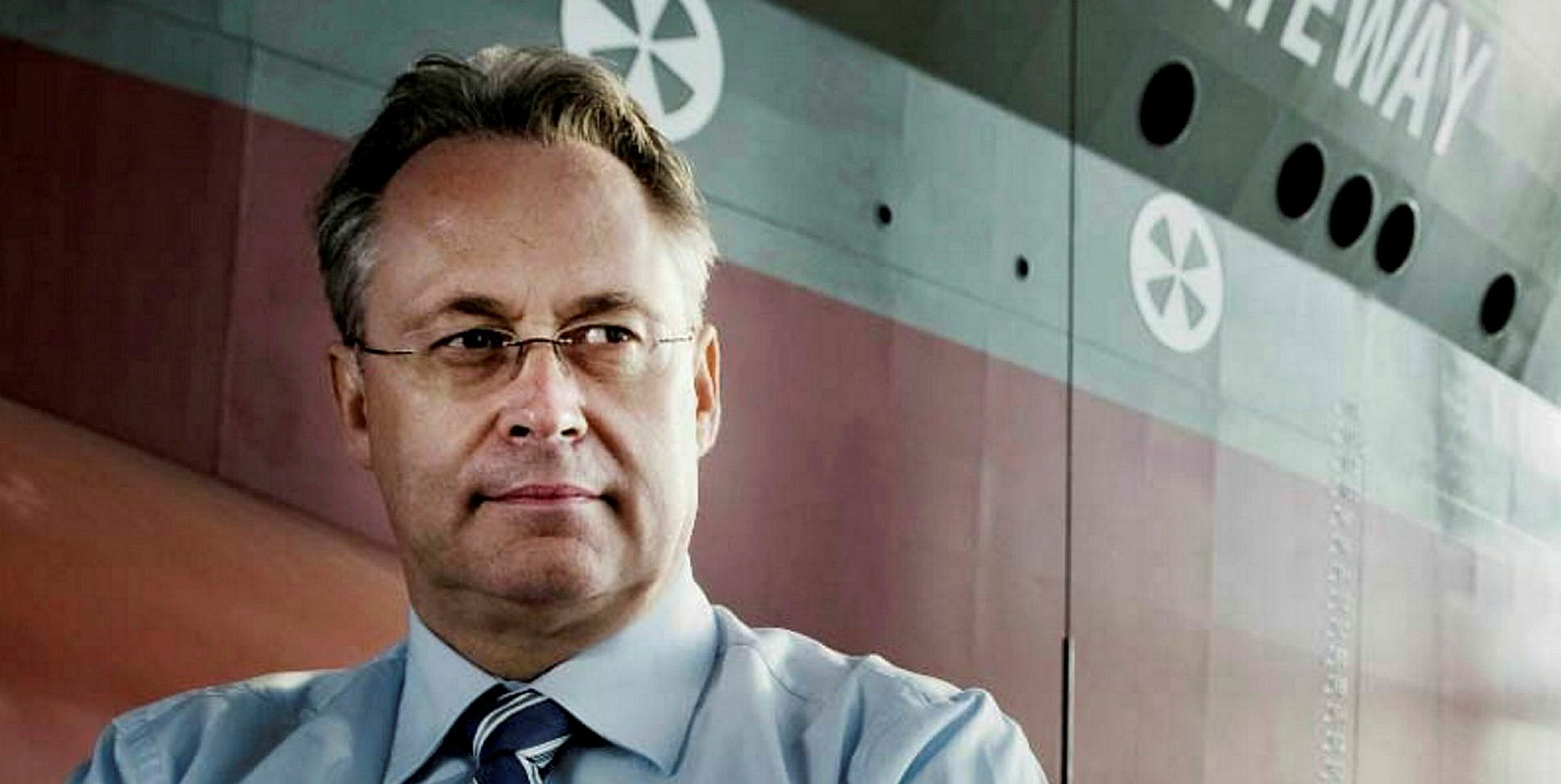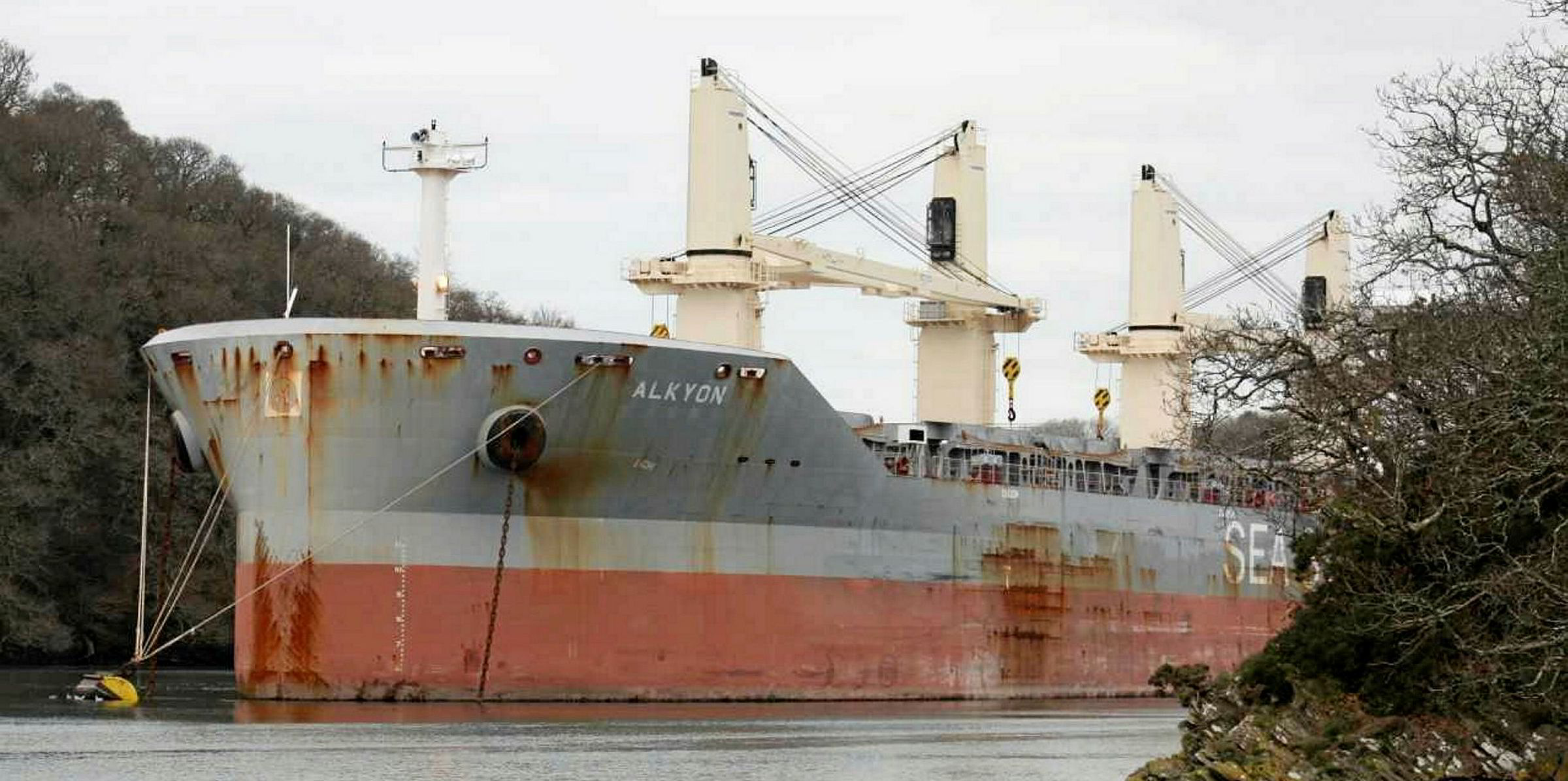Evergreen is fighting a liability ruling all the way to the UK's top court following a 2015 smash between a boxship and a suezmax off Jebel Ali.
Quadrant Chambers, which will represent the Taiwanese owner, said permission to appeal to the Supreme Court has been granted.
This is the first liability appeal to reach the highest court and could be the first shipping case to be heard there since the last justice with commercial court experience left the bench.
The hearing will focus on vessel crossing rules, according to Quadrant barrister Paul Henton.
Evergreen's 7,024-teu Ever Smart (built 2006) "drove into and almost through" the 153,000-dwt tanker Alexandra 1 (built 1997), owned by Nautical Challenge.
Ever Smart suffered $4m in damage. The laden suezmax, whose bow was split to beneath the waterline and whose condensate cargo had to be transhipped before a repair could be carried out, registered damages of more than $32m.
The boxship owner was found liable on an 80:20 basis in the UK high court.
Crossing rules at issue
The principal issue is whether rules 15-17 of the Collision Regulations apply to situations involving one vessel (Alexandra 1) approaching a narrow channel intending to enter into it, whilst the other (Ever Smart), is navigating the narrow channel intending to exit it, Henton said.
If they applied, then the tanker would have been the give-way vessel and Ever Smart the stand-on vessel obliged to maintain its course and speed.
"The difficulty is that it was common ground (and indisputable) that the “narrow channel” rule (rule 9 of the Collision Regulations) also applied to Ever Smart and imposed a requirement that she keep as near to the starboard side of the channel as possible," Henton wrote in Quadrant's quarterly update.
"The court of appeal upheld the judge’s decision that the crossing rules were inapplicable. The obvious concern was that the two sets of rules (if both applicable) potentially required different actions at the same time."
He added: "How could Ever Smart be potentially required to both maintain her course (crossing rule) whilst simultaneously altering it to starboard (narrow channel rule)?"
Damages award appealed
In February, the UK admiralty court limited Evergreen's liability for the collision to $9.5m, against a claim by Nautical Challenge of $40m.
Nautical Challenge has applied to appeal this decision to the court of appeal.
An initial report by UK accident investigators found multiple factors caused the collision. The tanker was waiting "too near the channel entrance", and the containership did not keep a proper lookout.
The admiralty ruling said a major issue to consider in assessing the damages recoverable by Alexandra 1 is the "impecuniosity (as asserted) of its owner," ie its lack of money.
The tanker was sold in 2017 at judicial auction, having been arrested in Singapore for non-payment of crew wages.
Basic collision damage for Alexandra 1 was assessed at $7.56m, plus lost TCE earnings at $1.65m.
But other losses were rejected by judge Andrew Baker.
Nautical said its lack of money led to a delay in repairs, which eventually took 534 days at Dubai's Drydocks World (DDW).
Further claims were made related to subsequent periods under arrest in Malta and Singapore.
Baker said it was perfectly obvious to Nautical Challenge that it would be receiving neither a prompt payout, nor even a prompt acceptance of liability to indemnify from hull underwriters.
"Only realistic option"
Its only realistic option for repairing Alexandra 1 was to conclude the sort of agreement it did eventually conclude, for credit to be extended by the yard secured against the ship, he added.
"There is simply no reason why its need for credit from the yard should have delayed the vessel at the yard beyond the reasonable time required to complete repairs, let alone for 10 months beyond that time," he said.
"There is no basis upon which I could find that if repairs had been completed in orderly time, as they should have been..., any of the extended consequences would have resulted that are sought to be laid at Ever Smart's door."
Delays meant it emerged into a dire tanker market.
"I do not find it particularly surprising that a severely cash-strapped owner, as Nautical Challenge claims to have been, found it impossible, in the event, to trade its way out of its financial difficulties on that collapsed market," Baker said.
"That impecuniosity did not cause Alexandra I to spend an extended time at DDW or therefore to become exposed at what was then the critical time to a collapsed market.
"The consequences of Nautical Challenge's failure to ensure that Alexandra I was repaired within a reasonable time, in my judgment an unreasonable failure, and of the collapsed market into which she then emerged some 10 months after she should have been ready again to trade, were not caused by the collision and are not Ever Smart's responsibility within her liability for negligence in respect of that collision."






